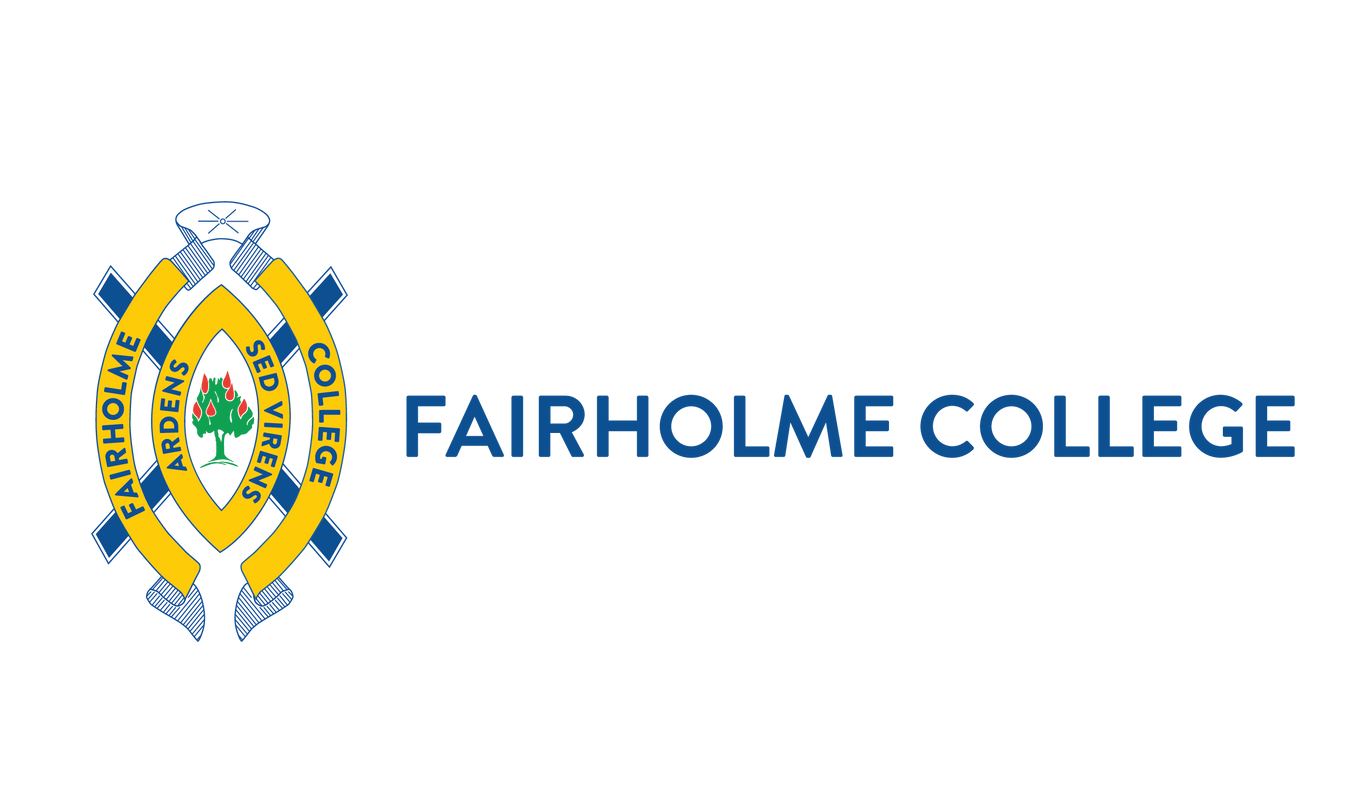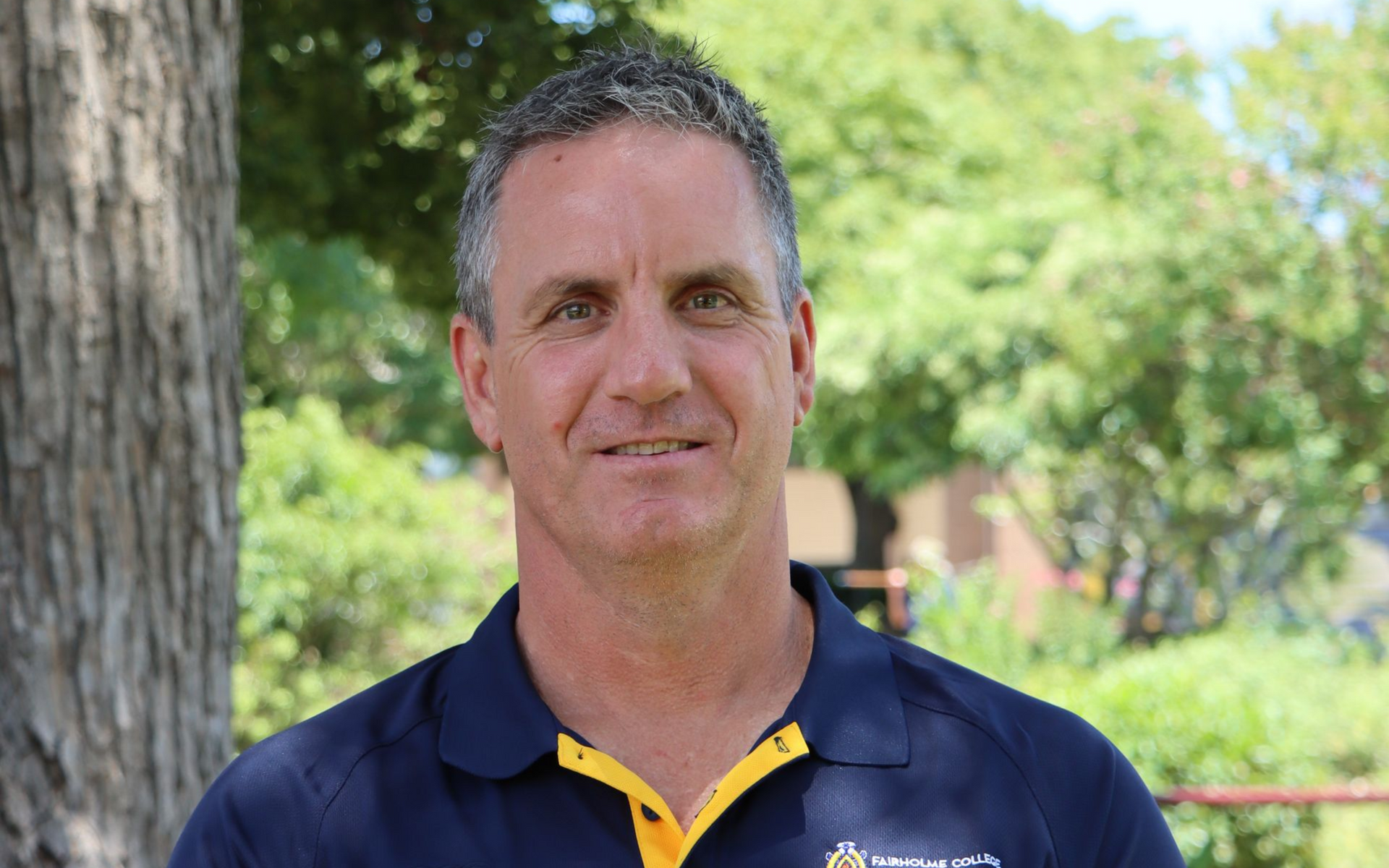Shifting the Narrative
“What went wrong, today?”
When our child is struggling with ‘becoming’ – becoming an adolescent, becoming independent, becoming their own person – and we feel their pain, their indecision, and their doubt, we sometimes enter into that world too wholeheartedly or too full of the milk of ‘good intent’. Here, in this space, we are wont to frame their life in the negative. We are wont to pre-empt the negative. We are wont to describe their life in the negative. We say, inadvertently, implicitly, and not in so many words, when we touch base at the end of day in person or on the phone - “What went wrong, today?” Anticipating their struggle, we reinforce it when we step with both feet, into their world and seek to smooth it out, eliminate the bumps and wrinkles of ‘becoming’.
Of course, they are ‘becoming’ in a world that is, in some ways, foreign to us. There are many elements of commonality, yes, but there are departures that appear like inaccessible chasms. We hark back to our own childhoods which loom in the full rose-hued light of nostalgia as perfect, sun-filled, lazy times. These are the childhoods where our parents said to us, “When I was your age …” – and their parents said to them much the same – always infused with memories of financial struggle. Adolescence, young adulthood, teenagers … call our emerging adults what you will, but be aware that straining to understand this phase of development is not new to the 21st century. Let us not fall victim to the belief that raising healthy, resilient, and courageous young women is an impossibility in the age of ubiquitous technology. To do so robs them of their potential, it paints them as victims of a world where they can and do thrive, a world where they are more socially conscious and more actively seek justice for all, than any generation before – if we allow them.
Socrates, great Greek philosopher foreshadowed this in the wisdom of his words, penned before the birth of Christ (469–399 B.C):
The children now love luxury; they have bad manners, contempt for authority; they show disrespect for elders and love chatter in place of exercise. Children are now tyrants, not the servants of their households. They no longer rise when elders enter the room. They contradict their parents, chatter before company, gobble up dainties at the table, cross their legs, and tyrannize their teachers.
In Ancient Greece, young Athenians aged 18 – 19 were referred to as ‘ephebe’ and the German word, backfisch (baked fish) was coined in the 20th century to describe ‘a giddy, spontaneous, adventurous girl who had an adult's independence’ (Fisher, 2022). Yes, every generation of teens, including backfish and ephebes, is shaped by their environment. Our young people’s lives are constructed – both positively and negatively ‘by a saturation of mobile technology and social media’ (Divecha, 2016), technology that is bigger and more expansive than us. Mobile phones and social media give great strength to the age-old lament of parents who are shocked when their compliant child begins to withdraw or retaliate or seek out other’s company in preference to their own family’s. We are hurt, confused, bewildered when this occurs and seek out reasons why. Inevitably, there is some degree of shame involved when we confront the realisation that our daughter (or son) seeks distance from us – we forget that this is our job: raising strong, independent children. We forget to take a moment of self-congratulations for providing a platform for such independence. Nathanson (1992) represents the shame we sometimes experience when we no longer see ourselves as the central or only reference point for our children’s decision-making. His model - The Compass of Shame Scale was developed to assess use of four shame-coping styles: Attack Self, Withdrawal, Attack Other, and Avoidance (cited in Elison, 2006).
Invariably, in our humanness and hurt we second guess our worth as parents, blame others for our children’s behaviour, retract into ourselves or deny the changes. Possibly, we vacillate between all four modes. Of course, if we place ourselves too fervently in one of these shame-reducing modes, we begin to model behaviours for our adolescents to absorb, behaviours that become their default mechanism. Somehow, we must step back from our roles as fixers, controllers, directors. It is possible to be close to our children and still allow them space for independence. It is possible to allow technology but to emphasise the value of face-to-face interactions. It is possible to teach the human skills of kindness, patience, empathy – but we must demonstrate these first and do so, with consistency. It is possible.
Yet, when our expectation, as we watch them struggle in their becoming, is to assume that things are wrong, others are wrong, then we default to the narrative of ‘What went wrong today?’ instead of ‘What went right today?’ As always, language matters, the delivery of that language matters too. Shifting our expectations as adults and parents allows our children to shift their expectations too, it permits a more positive viewpoint from which to imagine themselves and their world. And always, always, as parents there remains a pivotal place for us – as adults, encouragers, role models – sometimes though, on the sideline, rather than in their centre of their world. Perhaps a powerful beginning point for the term ahead is to reshape the questions we ask our children:
What went well today?
What did you do today of which you are proud?
For what are you most grateful?
We need to deliver those questions with good intent, with expectation that the answer will be more considered than: ‘Nothing went well.’ ‘I can’t think of anything I’m proud of.’ ‘I’m not grateful for anything.’ We cannot accept and settle for the negative, but perhaps, like all things in parenting, we need to begin by modelling our own answers to the same questions. The words will be different for you – for your family, your home, your values – but the intent remains the same … that even in the whirl of becoming, the tussle of finding self-worth there are always things for which we can be grateful, things of which we can be proud and good things that happen. On some days, at some stages, we need to work to find these answers, but they do exist, they are discoverable – if we practice enough.
So, what went well today?
Dr Linda Evans | Principal
REFERENCES
Divecha, D. (2016). ‘How Teens Today Are Different from Past Generations.’ Greater Good Magazine. (accessed 26 March 2023)
More News
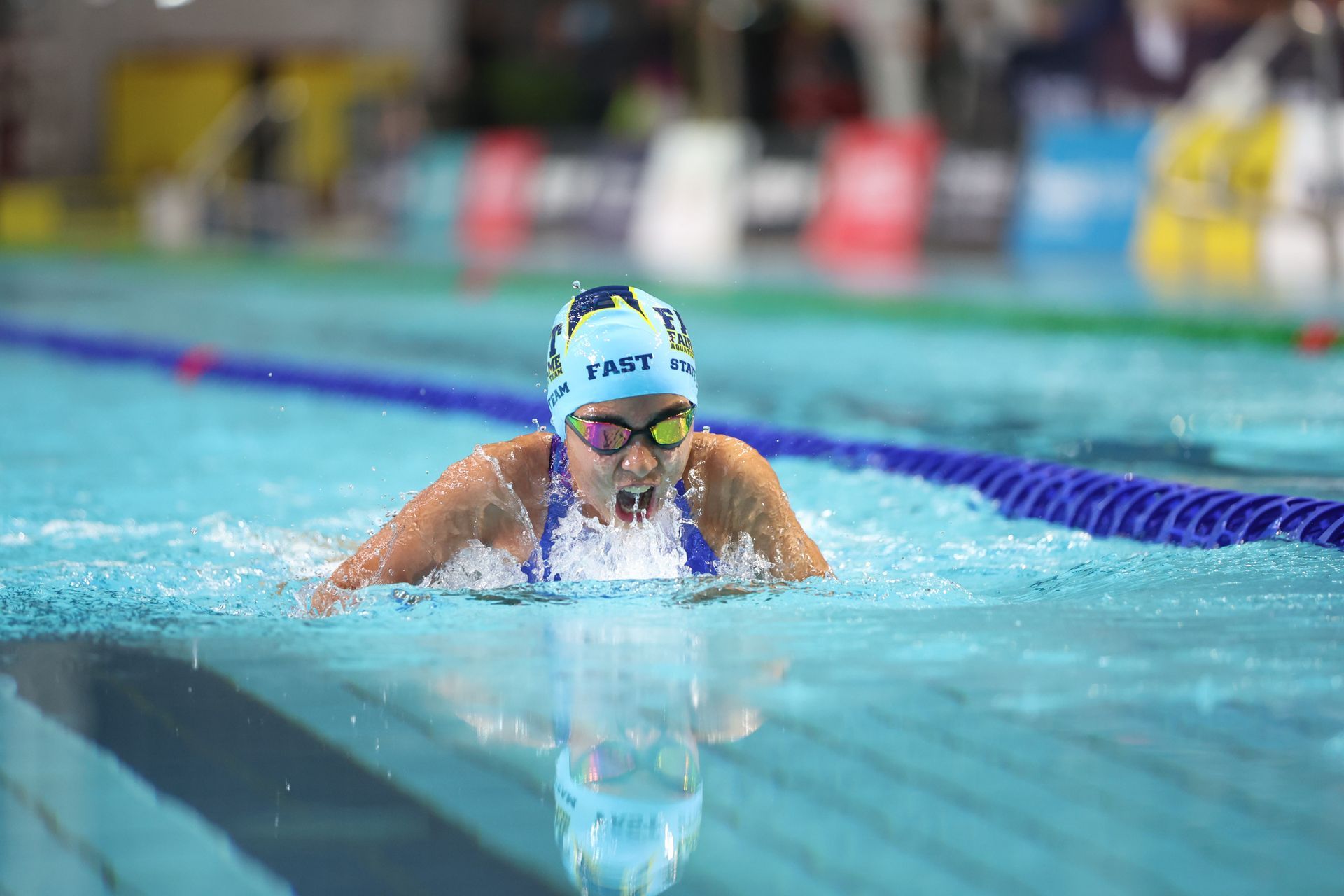
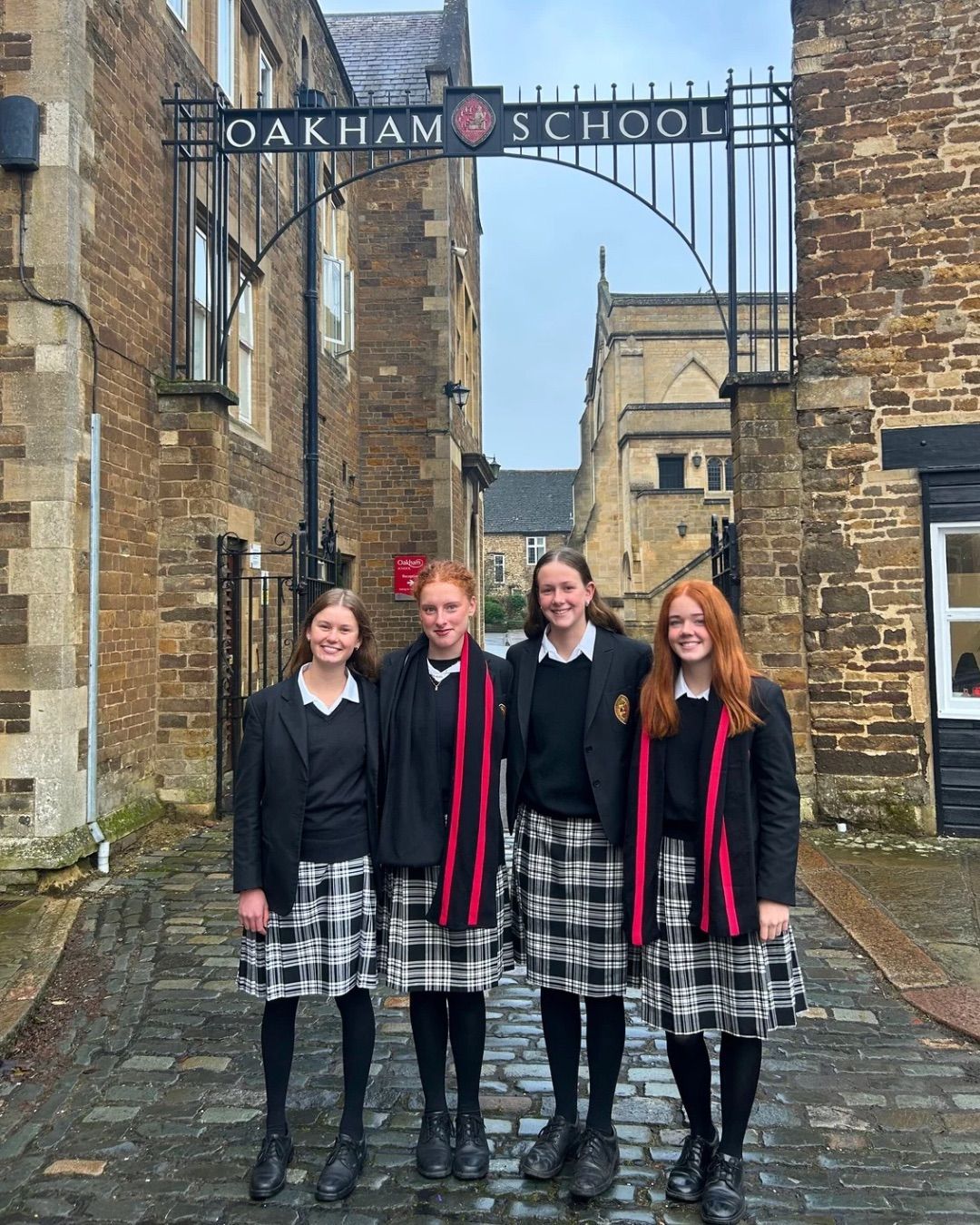
More News…




